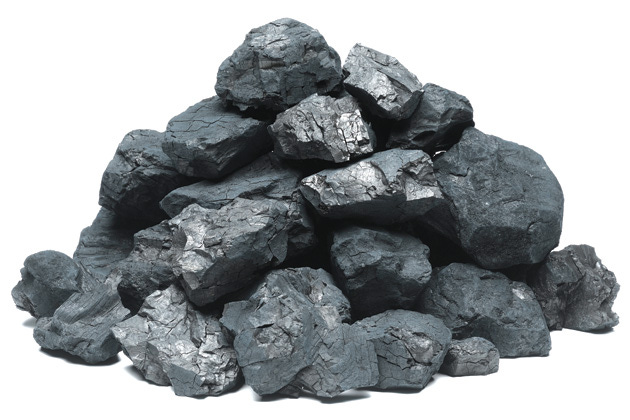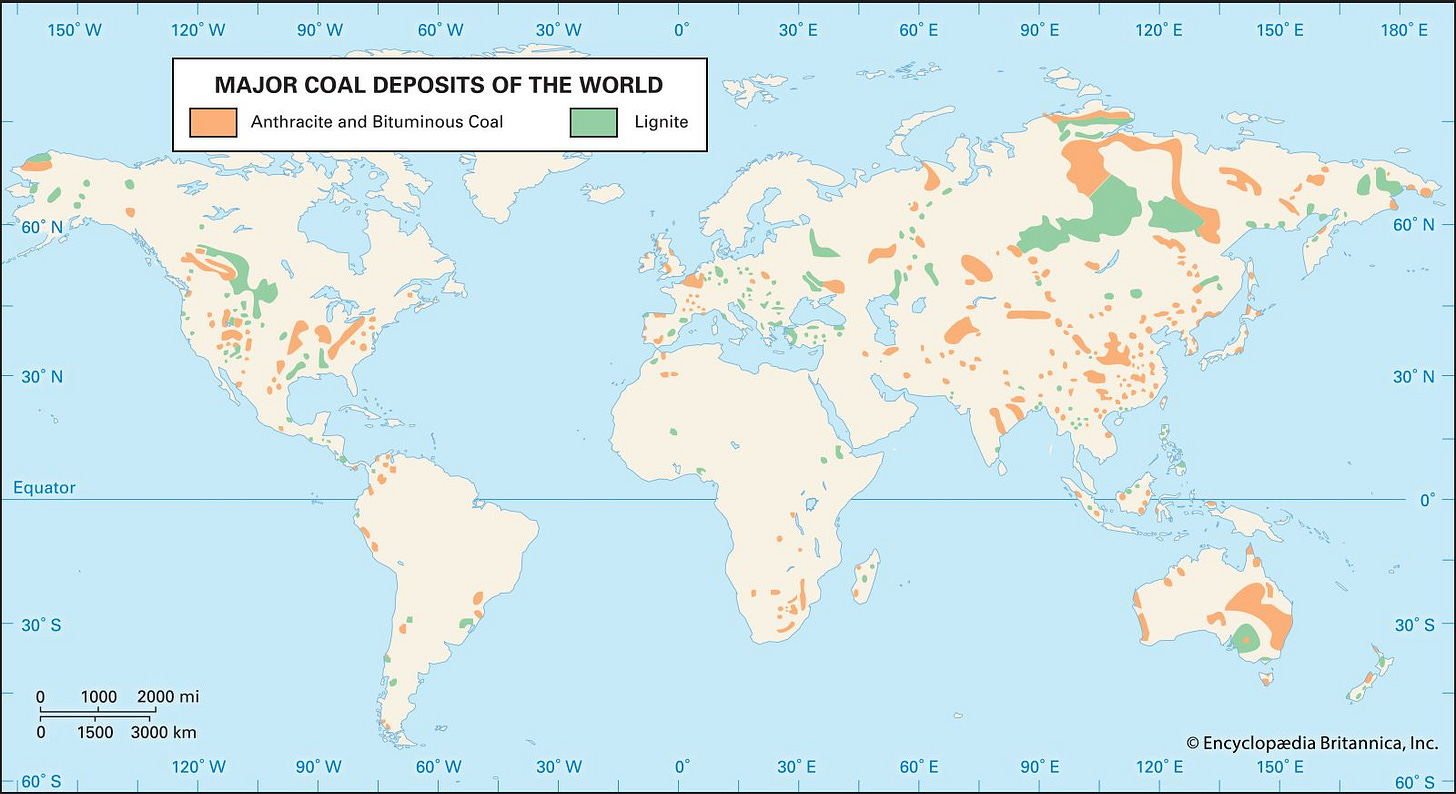Why Asian nations choose coal
Because wealthy nations give them no other alternative
Since the late 1980s, Greens have been trying to replace fossil fuels with renewable energy sources, particularly solar and wind. The focus of this effort has been on wealthy Western nations. A counter-trend has been a massive increase in coal usage in China and the rest of Asia. The result has been a massive geographical shift of carbon emissions from the wealthy Western nations to China and the rest of Asia.
In a previous article, I argued that those who wish to radically reduce global carbon emissions need to stop focusing on wealthy Western nations and shift their focus to Asia, particularly China. This article seeks to understand why coal burning has increased so rapidly in China, India, Indonesia, and many other Asian nations.
Disadvantages of Coal
While coal has many advantages, particularly to developing nations, coal has very serious negative side effects on the natural environment and human health. Greens have very good reasons for being against coal, but they fail to acknowledge how much worse coal is compared to other energy sources that they equally despise.
Except for wood, coal emits more carbon dioxide per unit of energy than any other source (Climate Registry).
Pollution from coal plants causes approximately one million deaths each year around the world. This is a far higher death rate than any other energy source (WHO).
Coal mining is a notoriously dangerous occupation.
Open-pit mining devastates large areas of land, and it takes decades for vegetation to regrow after the mine closes.
Tailings, overburden, and chemicals from mines clog up and poison downstream rivers and lakes.
Coal power plants must be run almost 24-7 to function economically. Cycling coal plants off and on seriously undermines their efficiency and life expectancy.
So why do Asians keep using more coal?
Most of the following is an excerpt from my second book Promoting Progress: A Radical New Agenda to Create Abundance for All. You can order my e-books at a discounted price at my website, or you can purchase full-price ebooks, paperback, or hardcovers on Amazon.
Other books in my “From Poverty to Progress” book series:
See also my other posts on Energy:
Advantages of Coal
Asian governments are not stupid or short-sighted in their use of coal. It has been a rational choice focused on the long-term benefits of economic growth.
Coal has many advantages, particularly for developing nations:
Except for wood, coal is the most widely available energy source by geography. Most nations have little or no cost-effective reserves of petroleum, solar, wind, or geothermal power. The vast majority of nations have at least some coal reserves.
Coal is a far denser energy source than wood, solar, wind, or geothermal (density is essentially the amount of energy per unit of mass).
Coal is relatively easy and cost-effective to extract, transport, store, and combust.
Coal-burning power plants are relatively cheap to construct, depending upon their size.
Coal provides reliable base-load power (i.e. 24/7/365) for the electrical grid as well as having many industrial applications.
Coal can be converted to a liquid or gas, if necessary. Coal-burning power plants can also be used to charge electric cars and buses. This reduces the need to import petroleum.
China and the rest of Asia are clearly going through the First Energy Transition (from wood and human/animal muscle power to coal) for exactly the same reason that Europe, North America, and Japan did so in the past. Coal is far more affordable, abundant, and secure than renewable energy either in the form of wood, wind, or solar.
And there is no sign that this trend will stop. As of July 2022, China has officially announced, pre-permitted, permitted, or is in the middle of construction of coal plants that will emit an estimated 44,000 million tons of carbon dioxide over their lifetime. When one adds in similar plants in the rest of the world, the estimate comes to 74,000 tons of total future carbon emissions (Global Power Plant Tracker by End Coal).
Until wealthy Western nations develop an energy source that has all the advantages of coal but without any of the disadvantages of coal, China, India, and the rest of Asia will keep building more coal-fired power plants. No amount of trying to guilt-tripping them will make a difference.
We need a transformative energy source that has all the benefits of fossil fuels and few of the drawbacks. If such a new energy technology existed, wealthy nations would receive a far better energy system than the one that currently exists. Both fossil fuels and renewable energy sources would become obsolete, once such a system could be widely rolled out.
In an upcoming article, I will show how wealthy Western nations can innovate a transformative new energy source.
Most of the above is an excerpt from my second book Promoting Progress: A Radical New Agenda to Create Abundance for All. You can order my e-books at a discounted price at my website, or you can purchase full-price ebooks, paperback, or hardcovers on Amazon.
Other books in my “From Poverty to Progress” book series:
See also my other posts on Energy:










